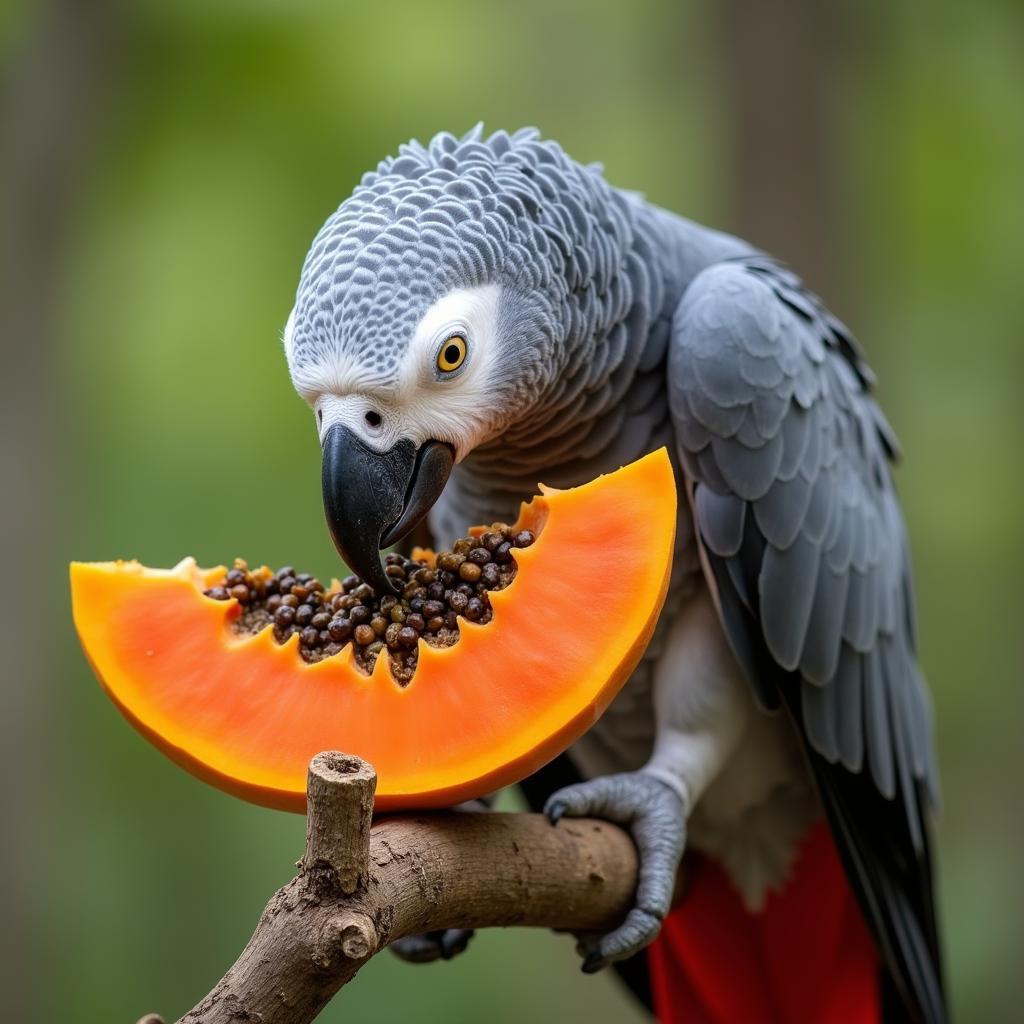African Bullfrog Eating Scary Creatures: A Look into the Amphibian Glutton
The African bullfrog is notorious for its voracious appetite, earning it the title of one of the most impressive amphibian gluttons. From insects to rodents, these frogs will eat almost anything that moves and fits in their remarkably large mouths. Let’s dive into the fascinating world of the African bullfrog and explore the surprising range of “scary creatures” it consumes.
What Does the African Bullfrog Eat?
The African bullfrog (Pyxicephalus adspersus) has a diverse and often shocking diet. While their primary food source consists of insects like beetles, grasshoppers, and termites, they are opportunistic feeders and will consume anything they can overpower. This includes other amphibians, reptiles, small mammals, and even birds! Their powerful jaws and wide gape allow them to swallow prey whole, giving them an advantage when hunting larger creatures.
Insects and Invertebrates: The Staple Diet
Insects form the base of the African bullfrog’s diet. They will actively hunt for a variety of crawling and flying insects, including crickets, locusts, and even scorpions. Their sticky tongues are efficient tools for capturing fast-moving prey.
Amphibians and Reptiles: A Case of Frog-Eat-Frog
The African bullfrog isn’t afraid to turn on its own kind. Smaller frogs, tadpoles, and even other bullfrog juveniles can become meals for a hungry adult. They also prey on lizards, snakes, and even small tortoises, showcasing their incredible hunting prowess.
Small Mammals: A Surprising Addition to the Menu
Perhaps the most “scary” aspect of the African bullfrog’s diet is its consumption of small mammals. Mice, rats, and shrews are all potential prey for these ambitious amphibians. The bullfrog’s powerful bite and ability to swallow prey whole allow them to tackle creatures significantly larger than themselves.
Birds: Reaching for the Skies (or at Least the Ground)
While less common, African bullfrogs have been observed preying on birds that venture too close to their territory. Small ground-dwelling birds and even hatchlings are vulnerable to these ground-based predators. This demonstrates the opportunistic nature of the bullfrog and its ability to adapt to available food sources.
How Does the African Bullfrog Hunt?
African bullfrogs are ambush predators. They patiently wait, camouflaged amongst the vegetation, for unsuspecting prey to wander within striking distance. Once a target is identified, the frog lunges forward with surprising speed, using its sticky tongue to capture the prey or its powerful jaws to seize and subdue it.
What are the dangers of an African bullfrog bite?
While not venomous, the African bullfrog’s bite can be quite painful due to its strong jaws and sharp teeth. It’s essential to handle these creatures with care and respect to avoid injury.
Conclusion: The African Bullfrog – A Fearsome Predator
The African bullfrog’s diet of “scary creatures” reflects its adaptability and impressive hunting abilities. From insects to small mammals, this amphibian glutton demonstrates a remarkable capacity to consume a wide range of prey. Understanding its dietary habits provides valuable insights into the complex ecosystem it inhabits. The African bullfrog, while fascinating, is a creature best observed from a safe distance.
FAQ
- What is the largest prey an African bullfrog can eat? They can eat prey almost as large as themselves, including large rodents and even other frogs.
- Are African bullfrogs dangerous to humans? While their bite can be painful, they are not venomous and are generally not considered dangerous to humans unless provoked.
- How long can an African bullfrog go without eating? They can go for extended periods without eating, especially during dry seasons when they estivate underground.
- Where are African bullfrogs found? They are native to sub-Saharan Africa, inhabiting a range of habitats from savannas to forests.
- What is the lifespan of an African bullfrog? In the wild, they can live up to 15 years, and even longer in captivity.
- What are some common predators of African bullfrogs? Snakes, large birds, monitor lizards, and crocodiles are some of their natural predators.
- How do African bullfrogs catch flying insects? They use their long, sticky tongues to snatch insects from the air.
When you need assistance, please contact us at Phone: +255768904061, Email: kaka.mag@gmail.com Or visit our address: Mbarali DC Mawindi, Kangaga, Tanzania. We have a 24/7 customer service team.


